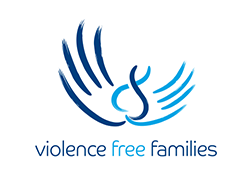We regret to advise Violence Free Families is no longer in existence.
For the time being and in the short term, access to the longitudinal study “A Study of The Impact on Men and Their Partners of Attending Men’s Behaviour Change Programs,” is available via the following hyperlink:
For any further enquiries regarding Men’s Behaviour Change Programs or associated matters please contact No to Violence via 1300 766 491 or ntv.org.au
